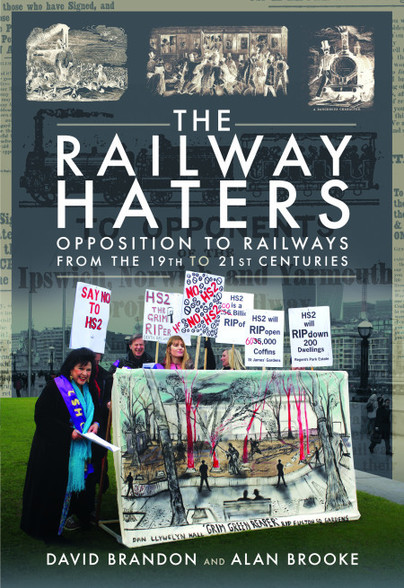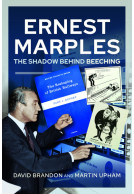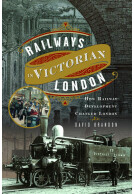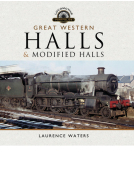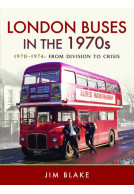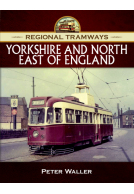The Railway Haters (ePub)
Opposition To Railways, From the 19th to 21st Centuries
Imprint: Pen & Sword Transport
File Size: 63.2 MB (.epub)
Pages: 416
Illustrations: 60
ISBN: 9781526700223
Published: 3rd July 2019
| Other formats available - Buy the Hardback and get the eBook for free! | Price |
|---|---|
| The Railway Haters Hardback Add to Basket | £30.00 |
The railways symbolised the changes taking place in Britain as a result of the Industrial Revolution, and they themselves greatly contributed to these changes. 'Old Wealth', in the form of the great landowning dynasties and the landed gentry, was under challenge from 'New Wealth' the energetic industrial and commercial, urban middle class. Railways, with powers of compulsory purchase, intruded brutally into the previously sacrosanct estates and pleasure grounds of Britain's traditional ruling elite and were part of this clash of class interests.
Aesthetes like Ruskin and poets like Wordsworth ranted against railways; Sabbatarians attacked them for providing employment on the Lord's Day; antiquarians accused them of vandalism by destroying ancient buildings; others claimed their noise would make cows abort and chickens cease laying.
Railways were controversial then and have continued to provoke debate ever since. Arguments raged concerning nationalisation and privatisation, about the Beeching Plan and around light rail systems in British cities and HS1 and HS2.
Examining railways from earliest times to the present, this book provides insights into social, economic and political attitudes and emphasises both change and continuity over 200 years.
Competition as featured in
Rail
Reviewed by: Friedrich (Rudi) Newman , Independent Scholar, UK
Journal of Transport History, 2019, Vol. 40(1)
In conclusion, this is the first dedicated introduction to a subject that is rarely considered in its own right. There are issues but these do not diminish its value or the detail of research, it being a useful contribution and fulfilling what the authors intended. As they concluded, the railways of today have their origins with the Victorians, and with such a large subject, there will be no doubt that there will be much future research on this fascinating aspect.
If you are into railway history and social history, this book makes a very good read.
Stamford Living, December 2019 - reviewed by Nicholas Rudd-Jones, editor
"The illustrations are a particular high point of the book and these include Punch cartoons,
Hexham Local History Society
snippets from newspapers, photographs, paintings and etchings."
"All in all this book makes a very useful contribution to the literature of transport as it covers history and politics in a readable style – not easy given the scope of the volume."
Ffestiniog Railway Society
Listed in the 'For Your Bookshelf' feature
Antiques Diary, November 2019
As featured on Lost Cousins
Lost Cousins
I have always thought that Dr Beeching's decimation of the railway network in the 1960s was one of the most ill-conceived disasters of modern times, even though it's been eclipsed many times over by successive Tory goverments privatising what belongs to the nation for the sake of individual rich men's profits. We have a glorious heritage railway here in North Norfolk, well funded and well run, and it plays a pivotal role in the annual 1940s weekend. It is difficult for e to imagine why anyone would not have welcomed the advent of the railways and the benefits they brought to the country. The authors trace opposition to the railways from the earliest times to the present dayand throw new light on why some people were opposed. Brilliant.
Books Monthly
This volume is both well-written and researched... the breadth and comprehensiveness of its coverage is likely to make it of interest to Social Historians and those with an interest in the Industrial Revolution as it affected British society.
Keith Rimmer, NZ Crown Mines
About David Brandon
David Brandon lectured in modern British social and cultural history at several British universities and has written extensively on railways and London history. He has also given many public talks on both subjects.
About Alan Brooke
Alan Brooke taught history in Continuing and Higher Education for many years. He has written and co-authored books mainly on London history which include Tyburn: London’s Fatal Tree; A History of Bankside; Marylebone and Tyburn Past; The Gates of the City of London and also Bound for Botany Bay. His continued involvement and interest in history is reflected through writing and giving public talks.







